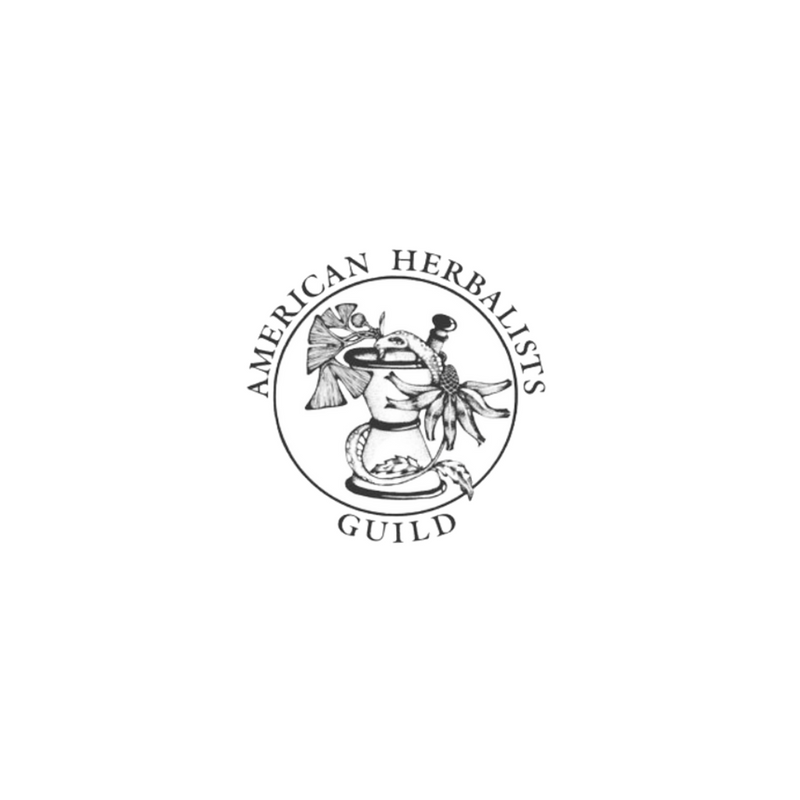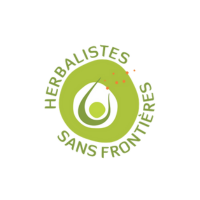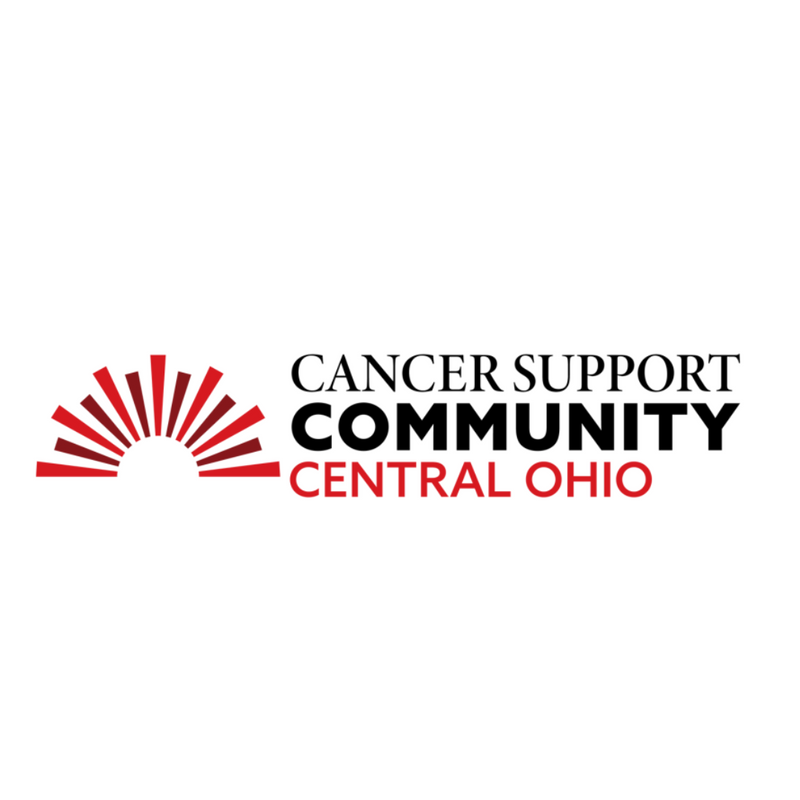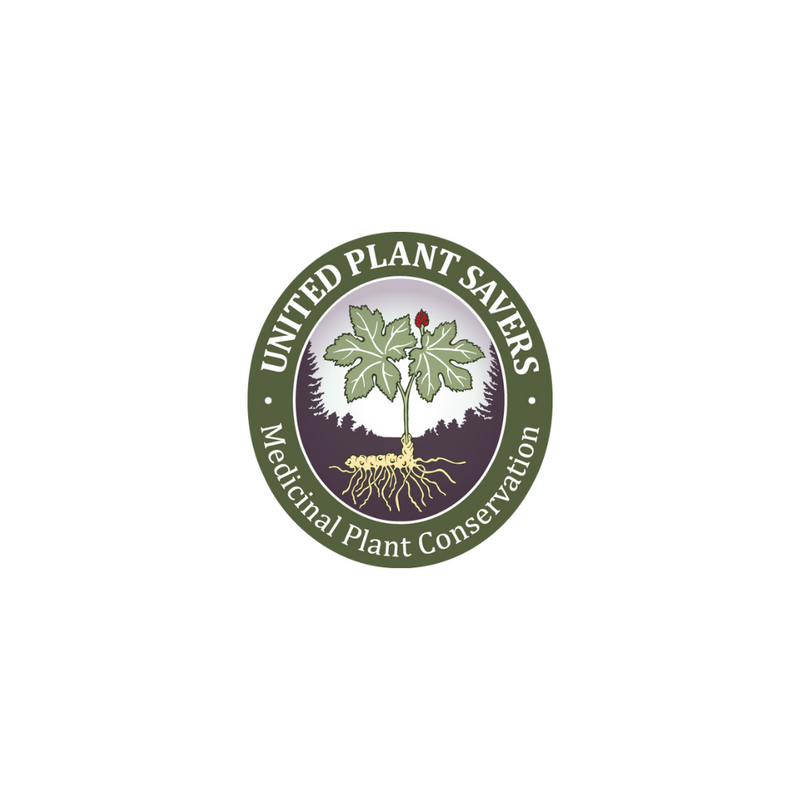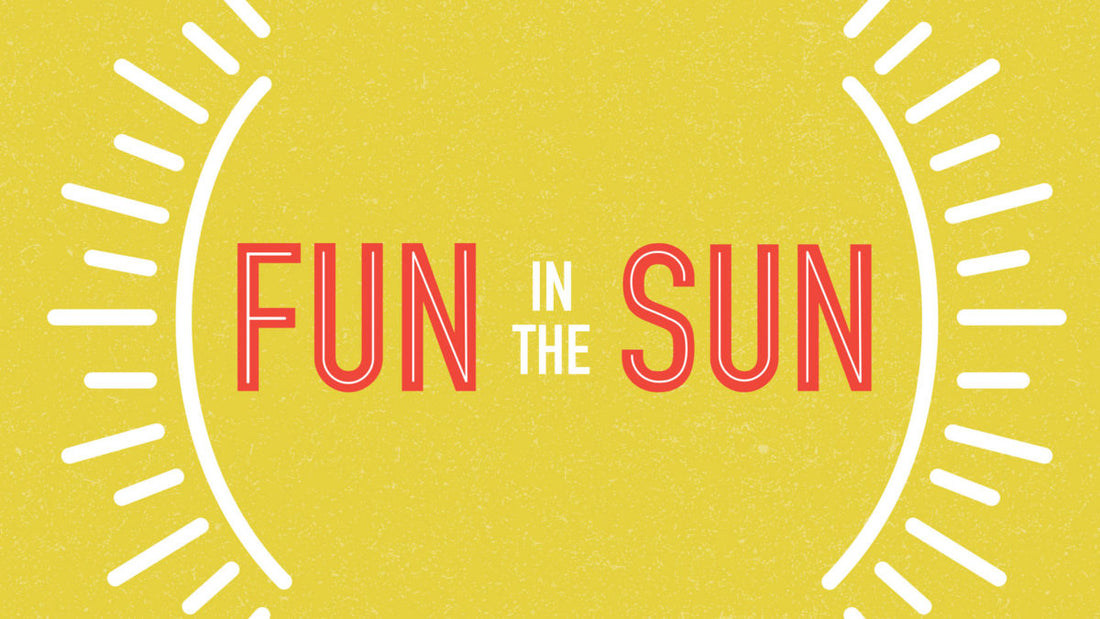
Fun in the Sun Requires Safe Choices
Share
 As spring turns to summer, people's minds start thinking of those three letters: SPF (which stands for sun protection factor). SPF is a relative measure of how long a sunscreen will protect you from ultraviolet (UV) B rays. Many sunscreens can also protect you from UVA rays, but you must choose wisely. The chief cause of reddening and sunburn, UVB rays tend to damage the epidermis, skin's outer layers, where the most common (and least dangerous) forms of skin cancer occur.
As spring turns to summer, people's minds start thinking of those three letters: SPF (which stands for sun protection factor). SPF is a relative measure of how long a sunscreen will protect you from ultraviolet (UV) B rays. Many sunscreens can also protect you from UVA rays, but you must choose wisely. The chief cause of reddening and sunburn, UVB rays tend to damage the epidermis, skin's outer layers, where the most common (and least dangerous) forms of skin cancer occur.
UVA rays penetrate deep into the dermis, the skin's thickest layer. Unprotected exposure can lead to premature skin aging and wrinkling (photoaging), and even worse, suppression of the immune system. UVB rays will usually burn the superficial layers of your skin. UVB exposure plays a key role in the development of skin cancer. Many folks turn to large national conglomerates for cosmetics and sunscreens and if you are one of them, you need to know about The Environmental Working Group. They rate cosmetics, body care, and cleaning supplies in a huge database- make sure any product you ingest orally, through the skin, or through the respiratory system has a good rating from the EWG before getting it.
Many folks turn to large national conglomerates for cosmetics and sunscreens and if you are one of them, you need to know about The Environmental Working Group. They rate cosmetics, body care, and cleaning supplies in a huge database- make sure any product you ingest orally, through the skin, or through the respiratory system has a good rating from the EWG before getting it.
Fo those of you that prefer to shop small, local, and far more natural, Haven Herbs makes an artisinal sunscreen that uses a deliberately simple formula (5 ingredients, no fragrance) that is good for the skin, safe on babies and dogs, and uses safe minerals to provide sun protection (not endocrine disrupting chemicals).
Facts about sunscreen that you should know 1. The FDA passed rules about sunscreen claims in 2018, but these may actually make things worse for consumers. For example, sunscreens can claim “broad spectrum” coverage, even without research.
1. The FDA passed rules about sunscreen claims in 2018, but these may actually make things worse for consumers. For example, sunscreens can claim “broad spectrum” coverage, even without research.
2. Sunscreen doesn’t prevent cancer. Most scientists and public health agencies, including the FDA itself, have found very little evidence that sunscreen prevents most types of skin cancer.
3. SPF higher than 30 doesn’t provide more safety. Sunscreens claiming 50+ do not provide greater protection than a 30 and contain ingredients that are much more toxic to you and yours. It's all just deceptive marketing.
4. Avoid sunscreen containing vitamin A, retinyl palmitate, or retinol. These ingredients have been shown in federal studies to speed the development of skin tumors and lesions. Not exactly healthy skin care! 5. Europeans have safer options that folks in the US. Much like food regulation, the European Union is way ahead of America. They’ve banned over 1300 chemicals, whereas the FDA has only banned 11. European sunscreen offers safer and superior protection.
5. Europeans have safer options that folks in the US. Much like food regulation, the European Union is way ahead of America. They’ve banned over 1300 chemicals, whereas the FDA has only banned 11. European sunscreen offers safer and superior protection.
6. Some sunscreen ingredients disrupt hormones and can cause skin allergies. In fact, the most popular ingredient in chemical sunscreens, oxybenzone, is a hormone-disrupting chemical. (It only blocks UVB anyway. It does not protect against UVA at all!)
7. Many sunblocks are petroleum-based and have petroleum-based fragrances which can cause allergies, among other issues. 8. Mineral-based sunscreen provides more protection. We need to protect against both UVA and UVB. UVA is complicated, but zinc oxide (which is what Haven Herbs' Beau Soliel uses) offers broad spectrum protection against both. Chemical sunscreens only block a portion of the UVA spectrum. Due to the new FDA rules mentioned above, labels will be very misleading, promising "broad spectrum" where there isn’t any.
8. Mineral-based sunscreen provides more protection. We need to protect against both UVA and UVB. UVA is complicated, but zinc oxide (which is what Haven Herbs' Beau Soliel uses) offers broad spectrum protection against both. Chemical sunscreens only block a portion of the UVA spectrum. Due to the new FDA rules mentioned above, labels will be very misleading, promising "broad spectrum" where there isn’t any.
9. Even some mineral-based sunscreens have risks. Titanium Dioxide is a possible human carcinogen. Many commercial titanium and zinc based sunscreens contain nano particles. That means the size of the mineral matter is small enough to clog pores, enter the epidermis, or even the bloodstream. We don’t know enough about nano particles yet, but they can easily enter the body through the skin or lungs. Why risk it? Choose a mineral based sunscreen that explicitly states "non-nanoparticle" zinc oxide.
To read an article Lily wrote on sunscreen for 614 magazine, click here.
How do you choose a safe sunscreen?
- Look for zinc oxide based sunscreens. These protect against both UVA and UVB.
- Choose non-nano products (the label should say what the nm of the particle is, if it does not, walk away).
- Look for unscented lotions, fragrance is often a code-word for phthalates; and essential oils should not be in sunscreen.
- Choose a lotion or cream based sunscreens (not aerosol liquids or solids).
- If you go for a nationwide brand, make sure the EWG rating is between 0-2.
How does Haven Herbs make their sunscreen, and how does it compare?
1. We use non-nanoparticle zinc oxide as the active sunscreen ingredient. We use enough to base our SPF coverage as 30. Zinc oxide is the safest, most effective sunscreen filter. Many people dislike the whiteness of a mineral based sunscreen when they first apply it, but this means it works! Good mineral based sunscreens gradually turn clear as you rub it in. If they aren't white to start, they are using something other than minerals to block UVA and UVB and it is not safe. Think of it as a warning!

2. All of the ingredients in Haven's sunscreen, Beau Soleil, were selected for their safety for you and the environment; we use no harmful chemical sunscreens, no hidden fragrances, or preservatives (as with all our products). Five ingredients means people with sensitivities can use our product.
This also means our sunscreen could start to separate on a hot beach day. No worries! It will come back together with a vigorous stir of the jar. Any sunscreen that does not separate in the heat uses fishy shelf stabilizers and homogenizers- and these are often toxic in some way.
3. We make no outlandish claims about being waterproof (This is the most common concern we have gotten from the public. Any company that can beat water and sweat is using something fishy. You must reapply a safe suncreen, period. Even the FDA knows that!)
Hope this helps you make some safer choices this summer.

